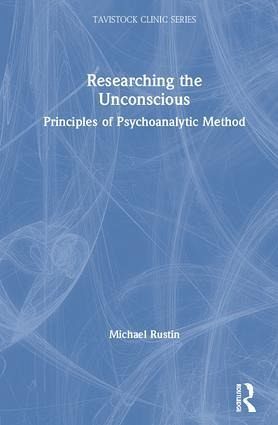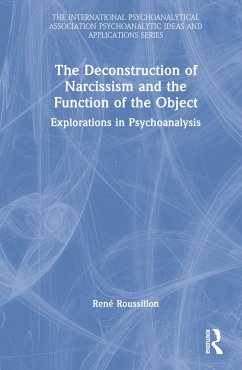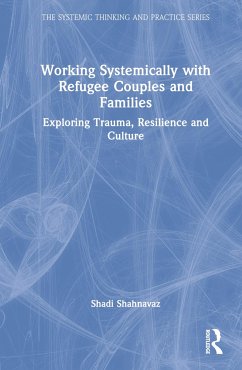
Researching the Unconscious
Principles of Psychoanalytic Method
Versandkostenfrei!
Versandfertig in 1-2 Wochen
141,99 €
inkl. MwSt.
Weitere Ausgaben:

PAYBACK Punkte
71 °P sammeln!
Researching the Unconscious provides an exposition of key issues in the philosophy and methods of the social sciences which are relevant to psychoanalysis as both a clinical practice and a human science.













